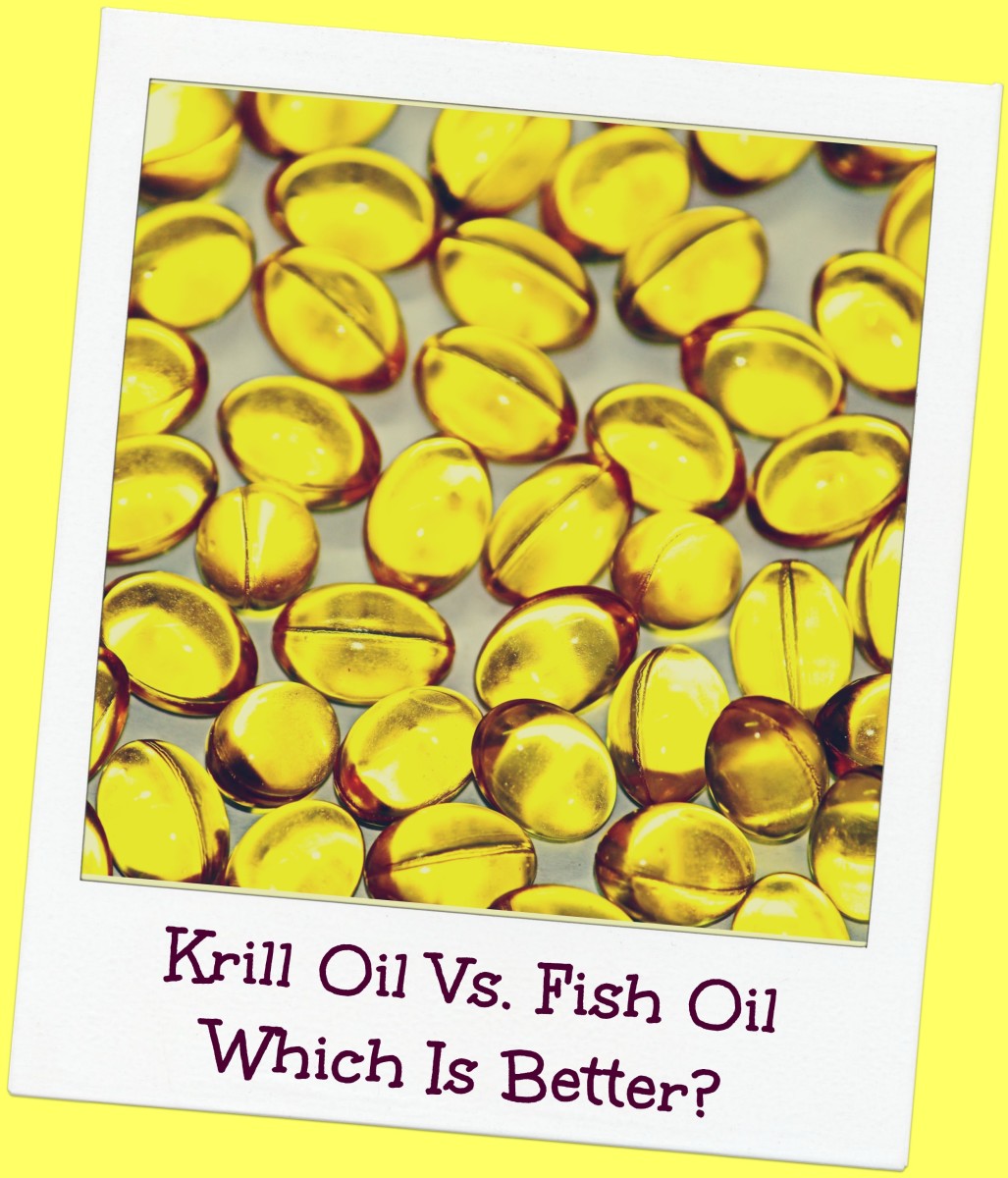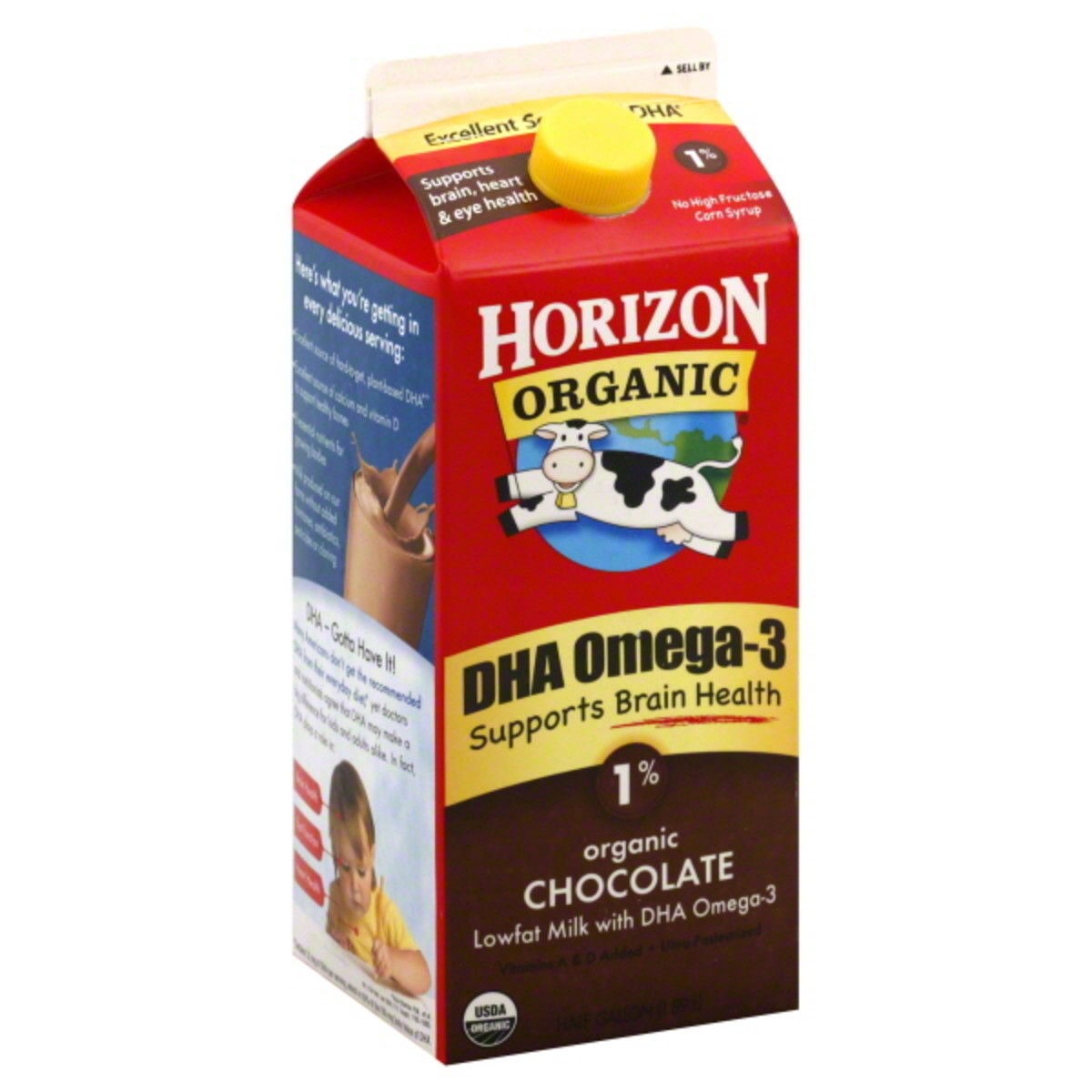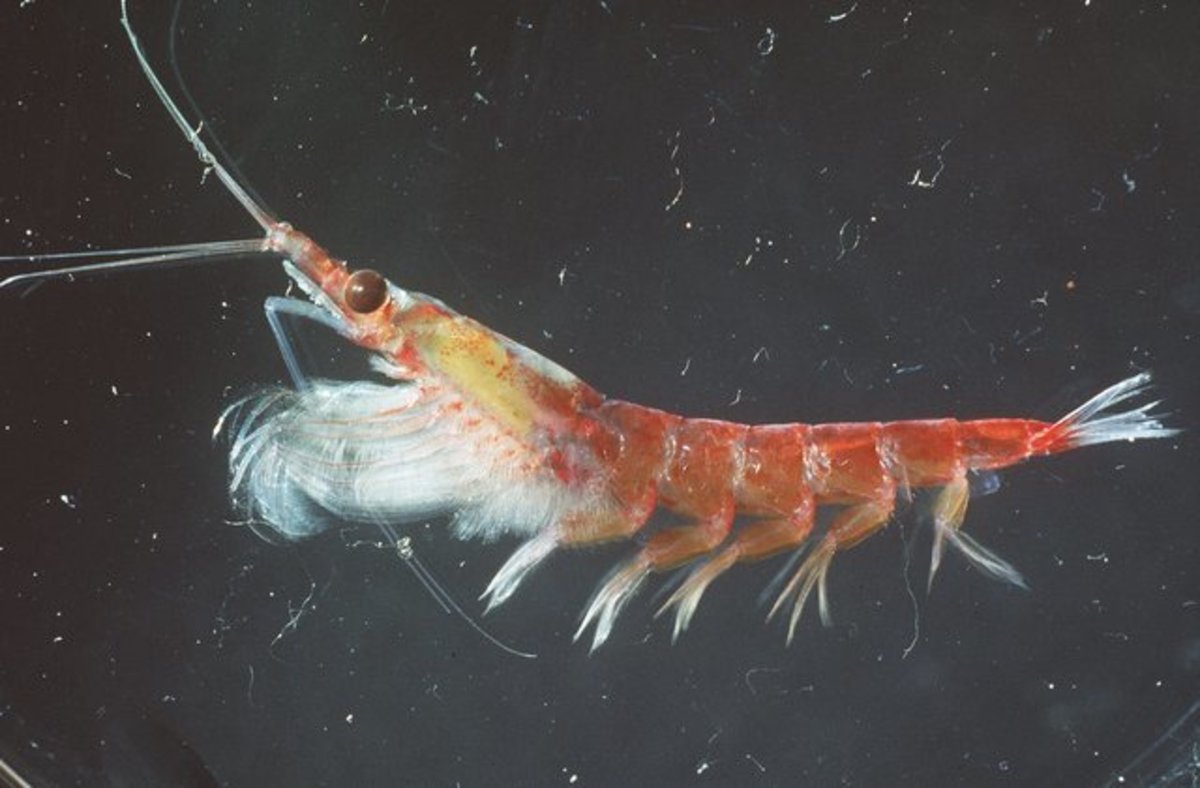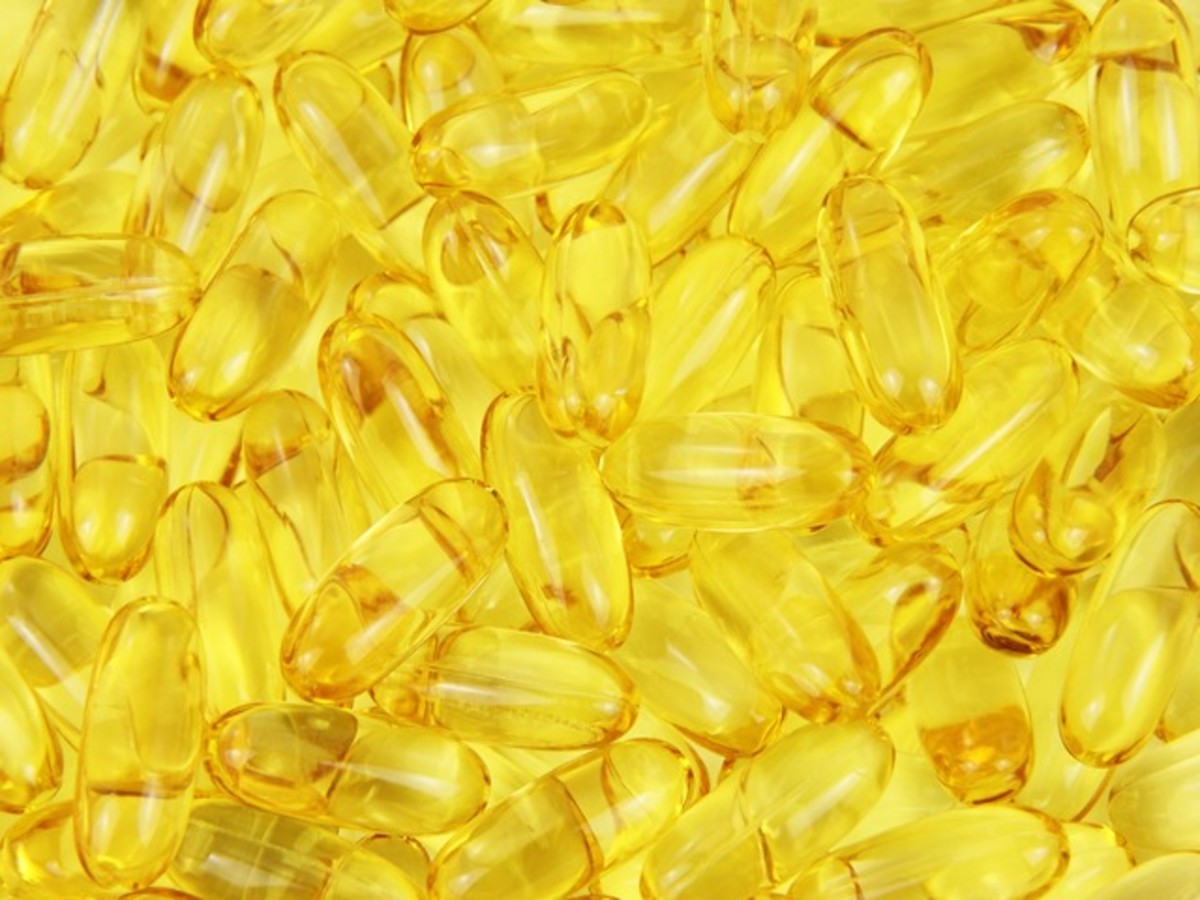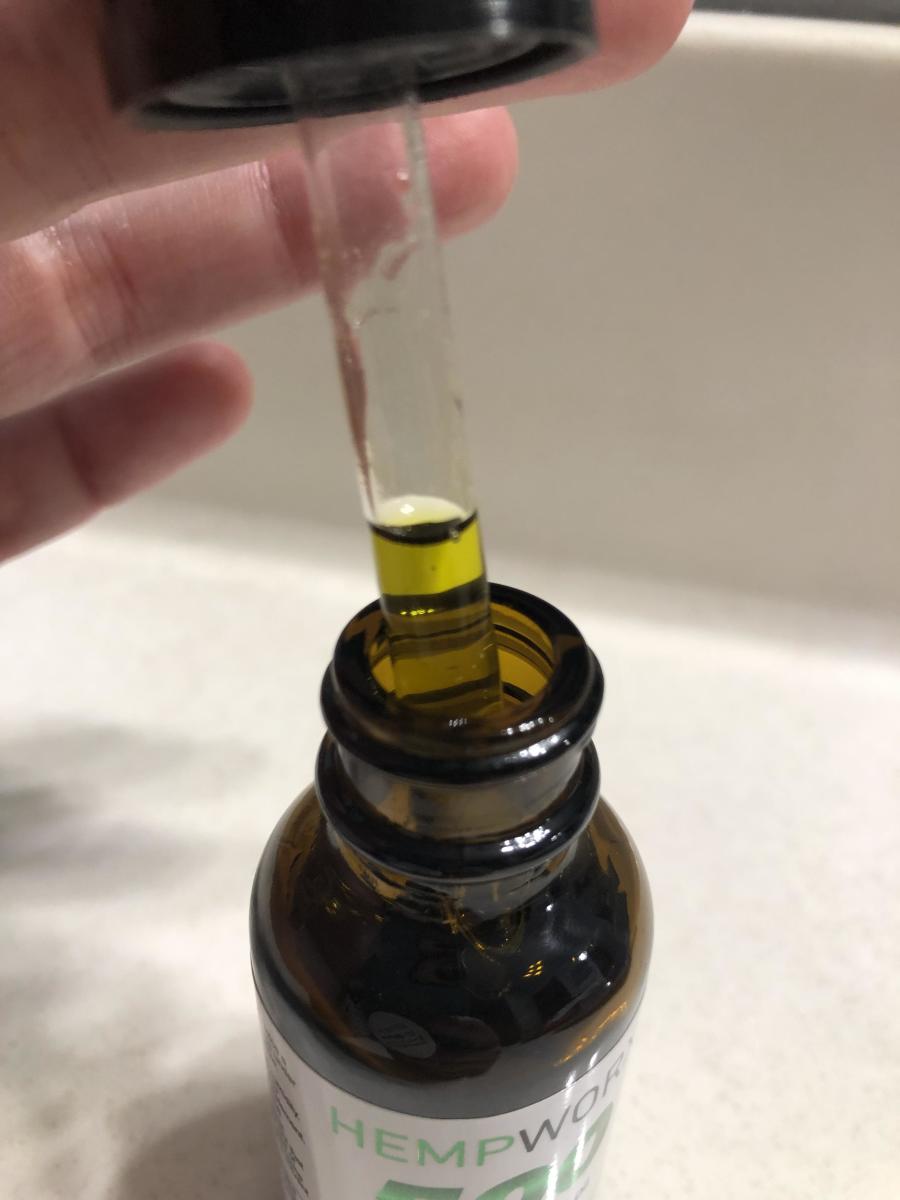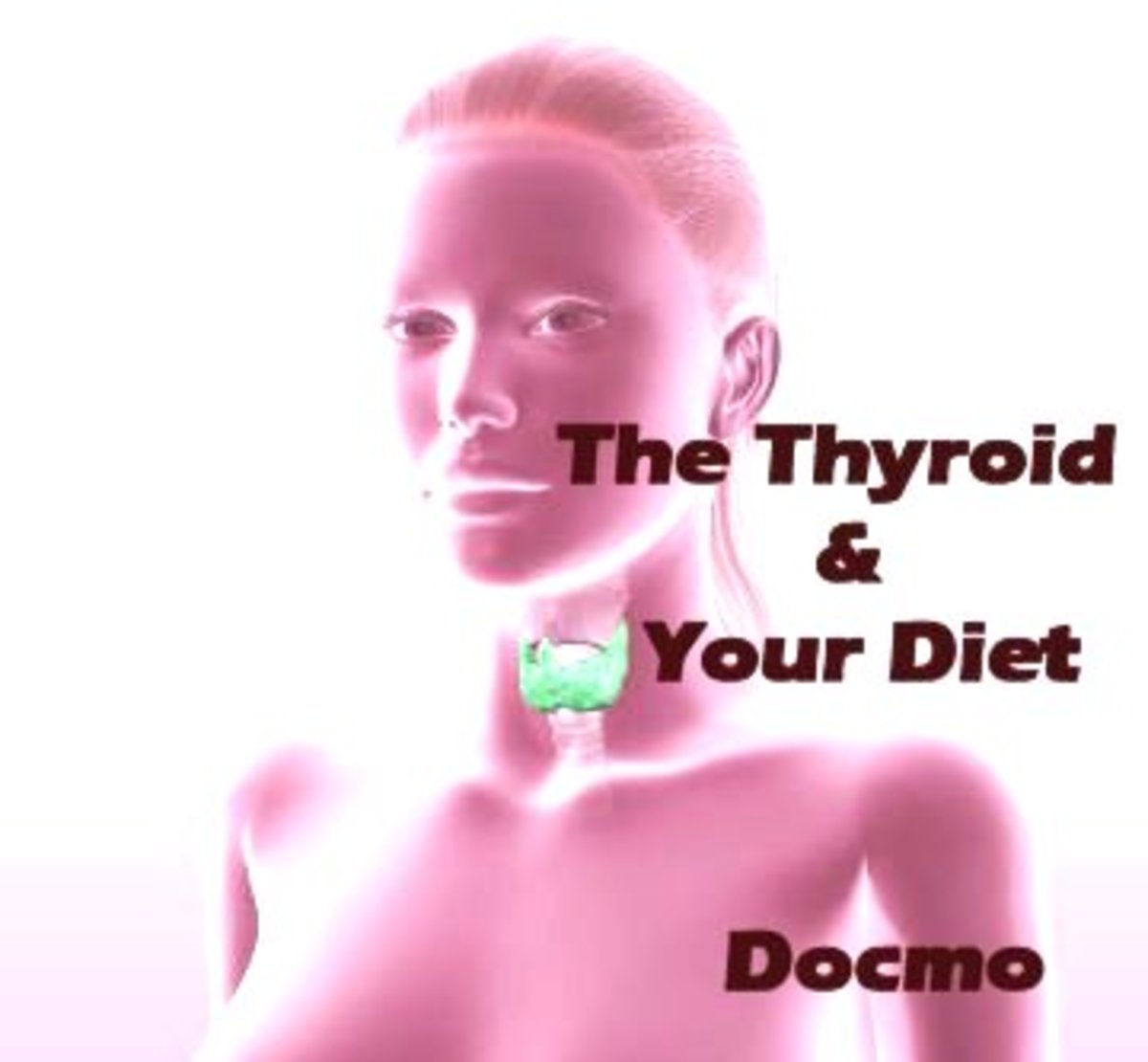Fish Oil vs Flax Seed Oil - Which Is Better?
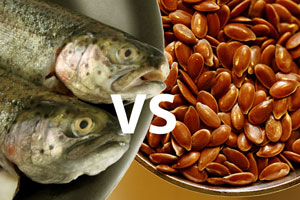
It may not be battle of the giants, but it's important to know that not all omega 3 is the same. So there is a big difference between the oils from fish and those from flax.
Omega 3 fatty acids are an essential nutrient that’s required in the body. It’s not naturally produced by humans in sufficient quantities, so has to be sourced from the food you eat.
This fatty acid comes in 3 key forms, alphalinolenic acid (ALA), eicosapentaenoic acid (EPA) and docosahexaenoic acid (DHA). DHA and EPA are especially important, but most of the researched and documented health benefits come from DHA.
The DHA Dilemma
Now the problem with DHA is that there is no known plant source that provides any decent quantity! Which is bad news for omega 3 oils that come from flax seed.
Various nuts and seeds are still great additions to your diet, and will provide plenty of ALA and other beneficial nutrients. But to get good quantities of DHA requires regular consumption of oily fish such as mackerel, tuna, salmon and sardines.
But there are two things to watch out for:
1. Cook your fish carefully, it only needs gentle cooking. If you overcook it not only will you destroy the delicate flavours and textures, but you will also destroy the delicate omega 3 oils too.
2. Eating more than 2 portions of oily fish per week is NOT recommended. This is due to the levels of toxic build up now found in our fish supplies as a result of polluted oceans. Which is a big problem for getting enough DHA!
So What Can You Do?
This is one case where buying supplements actually makes sense. Because fish oil supplements can be filtered to remove toxins, without harming the delicate oils.
Just be careful and read the labels closely when choosing a product. Firstly to make sure the product you are buying has been properly filtered, and secondly, to make sure you are getting good levels of DHA in the product.
Remember, if it doesn't say, that's NOT a good sign!
What About Vegetarians / Vegans?
That's a tricky position. The body can convert EPA into DHA, but the process is really inefficient. And that efficiency is even worse for men, and has been shown to be near zero in some people. It's also hurt further by poor diet and eating junk food, as trans-fats have been shown to impede the conversion process.
So it's a risk that has to be weighed against the choice to avoid fish products. Fish oil will provide plentiful amounts of that vital DHA, but if you choose to avoid it then make sure you get lots of ALA/EPA in your diet. And keep the rest of your diet as healthy as you can.
Pierce Holman is a health and wellness fan, and runs the website 'Omega Three Benefits'. It deserves a site all of it's own because omega three is one of the most exciting nutritional finds of our modern times.
Don't miss my guide to the dangers of mercury in fish oil capsules - it's a real eye opener when you realise why Governments say to limit our fish intake.

